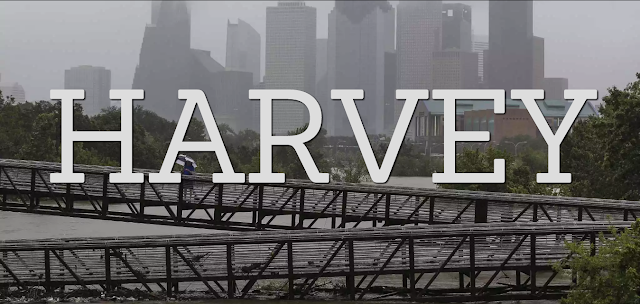Our Undocumented Students -- Part 2 The Threat of the State
A version of this is published in the current issue of the LSCS Advocate . Part 1 is here. Our Undocumented Students -- Part 2 The Threat of the State It does not allow that the sacrifices imposed on a few are outweighed by the larger sum of advantages enjoyed by many. Therefore in a just society the liberties of equal citizenship are taken as settled; the rights secured by justice are not subject to political bargaining or to the calculus of social interests. ― John Rawls, A Theory of Justice In May 2017, Texas Governor Abbott signed a bill meant to ban “sanctuary cities” in Texas by requiring that all local police — including college campus police — cooperate with federal immigration authorities. The bill makes it illegal for a local authority to have any policy that stops an officer from requesting information about immigration status, and it threatens jail time for any leaders who don’t honor requests to hold inmates who may be subject to deportation. Opponent
